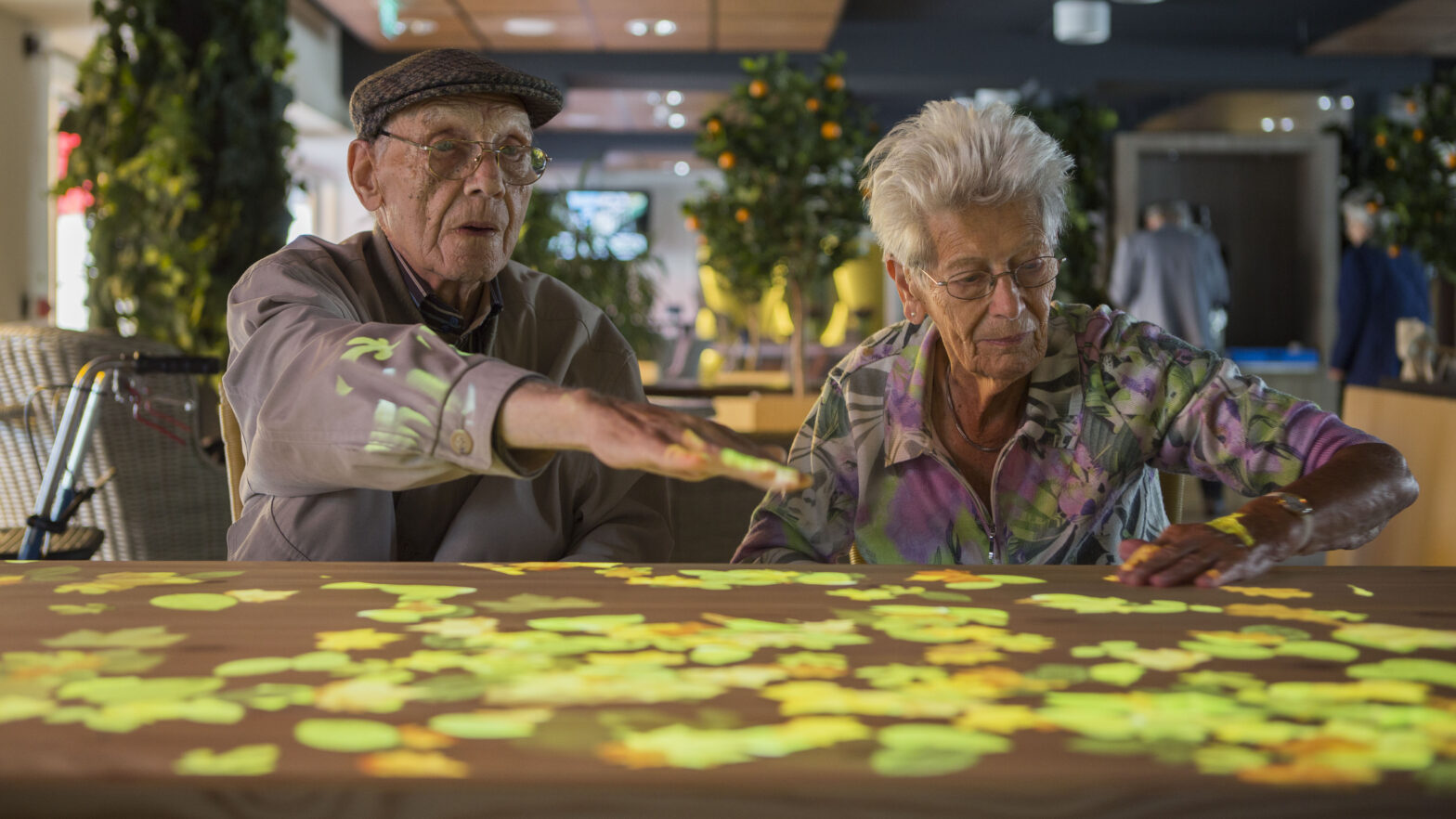Technology has been rapidly disrupting almost every sector. From blockchain improving the security of transactions within the finance industry through to VR allowing people to view properties on the other side of the world, plenty of innovative organisations and start-ups have emerged over the years, changing the way people operate and creating solutions to complex problems.
One area that has seen a dramatic popularity surge, and is now widely established, is that of medical technology, or medtech. Just last month a story surfaced about how 3D infrared robot technology is revolutionising knee surgery at London hospital, and previously how bio-electrics is redefining the healthcare system. Medical technology is beginning to transform lives.
>See also: How can mobile technology improve the future of healthcare?
Currently there are 850,000 people living with dementia in the UK – and this number is set to rise to over 1 million by 2025. Dementia not only affects those on their journey, but also their family members, friends and carers too.
Traditionally, technology used to support those with dementia has focused on alarms and telecare. In 2013, the National Pensioners Convention, a UK body representing the interests of older people, condemned the use of electronic tags to keep track of those with dementia in Sussex. The body stated that people needed better social care out in the community.
Technology in this space has now shifted, focusing on providing the best social care for those on their dementia journey, and reinforcing the importance of wellbeing as well as stimulating cognitive, physical and social activity. Although you cannot cure someone with dementia, you can certainly invest in care which has been proved to help slow down the cognitive decline of patients and encourages engagement.
One way in which technology is helping those with dementia is through the pioneering Tovertafel – or as it’s known in English, the ‘Magic Table’, which is based on the pioneering PhD research of Hester Le Riche. This innovative technology is a series of award winning games for people with mid-to-late stage dementia. The technology is an interactive light game, reflected onto a surface, which people of all ages can interact and play with. It stimulates a level of activity which is rarely seen in people living with dementia, sparking ‘moments of happiness’ not only for those using it, but also for those who witness it being played.
>See also: 5 emerging social tech trends that will transform lives in 2018
The tech has now been installed in nearly 200 care services in the UK, and almost 2,000 across Europe, meaning close to 50,000 people are experiencing ‘moments of happiness’ every day using this technology.
Memory lane
Another way in which technology is revolutionising care for those with dementia is through Google Street View projections, allowing those on their journey to take a trip down memory lane.
The jDome BikeAround, developed in Sweden, uses Google Street View to take users on a bike tour, exploring their hometowns and countries they’ve travelled without leaving the building. Users sit in front of a domed screen while a projector shows the street. It is then operated through the bike pedals and handles which are used to manoeuvre around. The technology sparks emotional responses by taking users back to places they’ve previously visited or lived in and therefore provokes reminiscence.
>See also: Transforming healthcare with tech
Another piece of technology which sparks reminiscence is through the free virtual reality app, The Wayback. The app sparks memories and triggers conversations among those with dementia, immersing the user in the sights and sounds of the past. Triggering happy memories from the past can help those with dementia by bringing comfort and reinforcing a sense of identity. The net result improves wellbeing and a person’s happiness.
Tackling the disease head on
Recent research conducted by Hester Le Riche has shown that stimulating environments contribute to positive engagement for those living with dementia – whether that involves music, interactive lights or just simply chatting.

Innovative technology is quickly becoming a genuinely useful tool in the medical sector and in social care. Last year research even began to question whether innovation and technology could defeat cancer.
>See also: Data-driven mental healthcare solving the crisis?
Now dementia and technology are topics which are being discussed far more widely. For example, Dementia Action Alliance is hosting an event this month on this exact topic, showcasing the latest technology and how it can have a positive impact on those with dementia.
Going forward, the development of pioneering technology can help to play an important role in every element of healthcare, from diagnosis to treatment. For instances, such as dementia care, where doctors and researchers are still searching for a cure, these exciting technologies can go a long way in creating moments of happiness for those on their journey, while also providing support and comfort to their loved ones.
Sourced by John Ramsay, CEO of Shift8 – the company bringing the Tovertafel to the UK










